Is drinking coffee healthy in the end? World Health Organization (WHO) said trans fats can be deadly and should not be found in food.
Professional coffee knowledge exchange more coffee bean information please follow the coffee workshop (Wechat official account cafe_style)
For more boutique coffee beans, please add private Qianjie coffee on Wechat. WeChat account: qjcoffeex
According to World Health Organization (WHO) 's data, more than 5 billion of the world's 8 billion people eat food that contains harmful industrial trans fats, the World Health Organization said in a report released on the 23rd. Of these, 500000 died prematurely from heart disease caused by trans fats.

Tan Desai, director-general of World Health Organization (WHO), said that trans fats have no known benefits and have huge health risks. They are deadly toxic chemicals and should not be present in food. It not only does not have any benefits to human health, but also makes the health system bear a high cost.
Trans fat, also known as trans fatty acid, is a kind of unsaturated fatty acid, which can hinder fatty acid metabolism, increase gastrointestinal burden, increase the incidence of thrombus, and increase the risk of cardiovascular disease. But although it is not good for the human body, trans fats are very common and are usually found in packaged foods, baked goods, cooking oils and smeared foods.
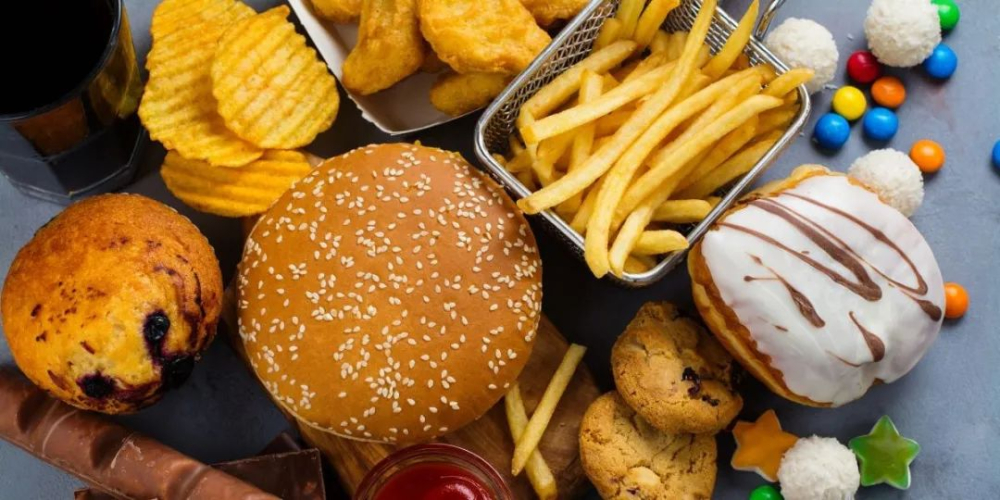
There are usually two sources of trans fat, one comes from natural food, mainly from ruminants, such as meat, fat, milk and dairy products of cattle and sheep, but the content of trans fat in natural food is not high.
One comes from the processing source, when the oil temperature is too high and the time is too long, a small amount of trans fat will be produced in the process of frying and frying. But it is mainly produced in the process of hydrogenation and refining of vegetable oil. it has the advantages of improved taste, high temperature resistance, not easy to deteriorate and long shelf life.
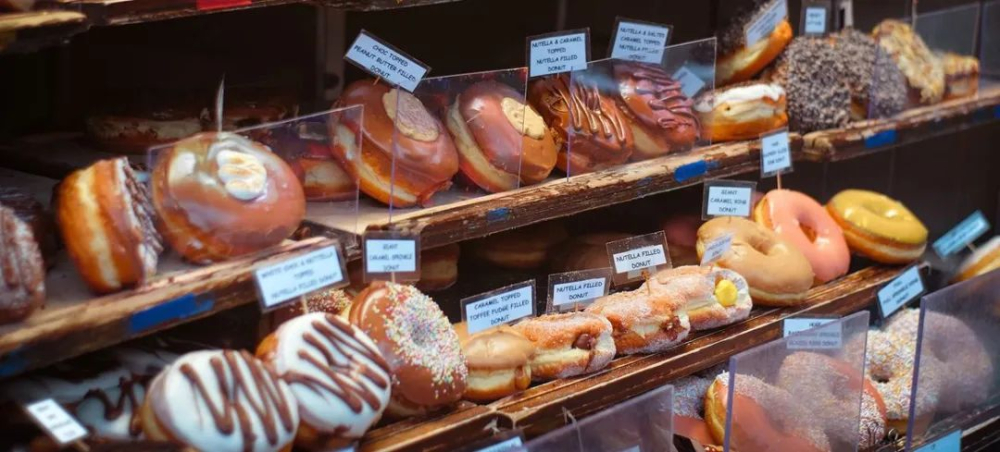
In daily life, there are many fried foods (French fries, potato chips, popcorn, instant noodles, etc.) and margarine (ice cream, all kinds of dessert cakes, etc.). Contains plant fat powder products (instant coffee, instant milk tea powder, etc.), quick-frozen, fast food (because of the need to extend the shelf life) and so on.
As more and more reports and data in the past decade point out that more and more cases of cardiovascular disease in the world are caused by the intake of too much trans fat, because it is difficult to degrade in the body and remain and accumulate in blood vessels.
As a result, World Health Organization (WHO) first called for the global elimination of industrial trans fats in 2018 (the target is 2023), calling on governments to follow the specific standards set by World Health Organization (WHO) and to limit industrial trans fats in all environments.

Alternatives include limiting trans fats to two grams per 100 grams of total fat in all foods and a mandatory ban on the production or use of partially hydrogenated oils (the main source of trans fats) as food ingredients.
Over the past four or five years, 43 countries have now implemented best practice policies for trans fats in food, 2.8 billion people worldwide have been protected, and the population coverage of best practice policies has increased nearly sixfold. Mainly concentrated in America-Europe's high-income countries.
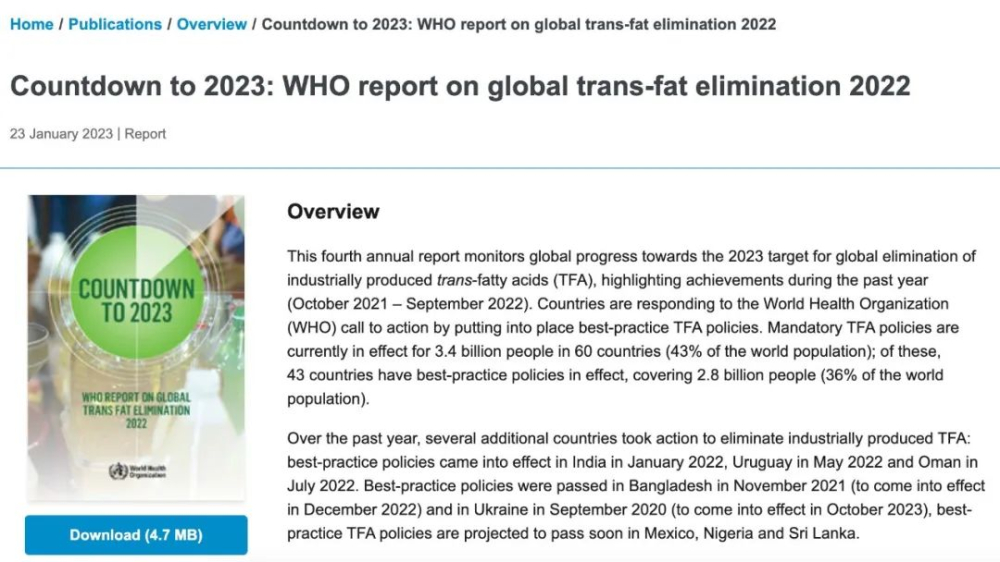
At the same time, a growing number of middle-income countries are implementing or adopting these policies, including Argentina, Bangladesh, India, Paraguay, the Philippines and Ukraine.
Despite substantial progress, 5 billion people around the world are still at risk of damaging health effects of trans fats, so the global goal of total elimination of trans fats by 2023 remains elusive.
Among them, Australia, Azerbaijan, Bhutan, Ecuador, Egypt, Iran, Nepal, Pakistan and South Korea are the countries most affected by trans fat-related health problems.
To this end, in this report, World Health Organization (WHO) suggested that countries focus on the following four areas: the adoption of best practice policies, monitoring and monitoring, healthy oil substitutes and promotion, and World Health Organization (WHO) guidelines have been developed. to help countries make rapid progress in these areas. But despite World Health Organization (WHO) 's advocacy of the proposal, the final implementation depends on the final intention and action of governments.
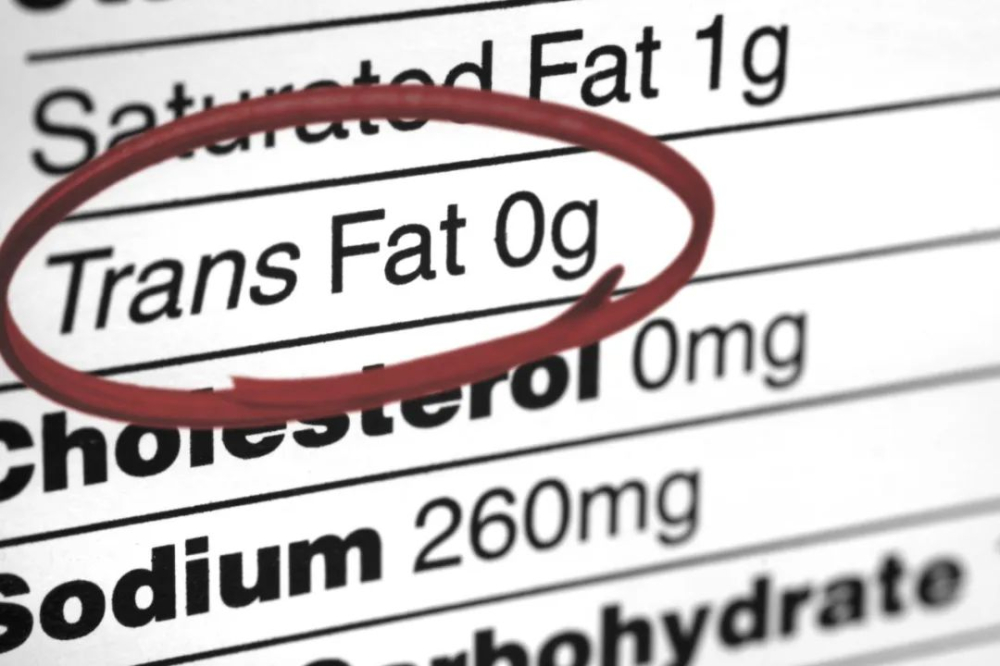
World Health Organization (WHO) also encouraged food manufacturers to eliminate industrial trans fats from their products. Major suppliers of oils and fats are also required to remove industrial trans fats from products sold to global food manufacturers.
At present, in the coffee market, although more and more consumers begin to pay attention to health and choose more freshly ground coffee, many instant coffee brands have also begun to take the boutique route, introducing freeze-dried coffee without sugar and fat powder. However, sales of 3-in-1 instant coffee (including sugar and plant fat powder) are still the highest among coffee products and showing an upward trend.
Although there are already many 3-in-1 instant coffee products labeled "0 trans fat", it doesn't mean there is no trans fat in the product.
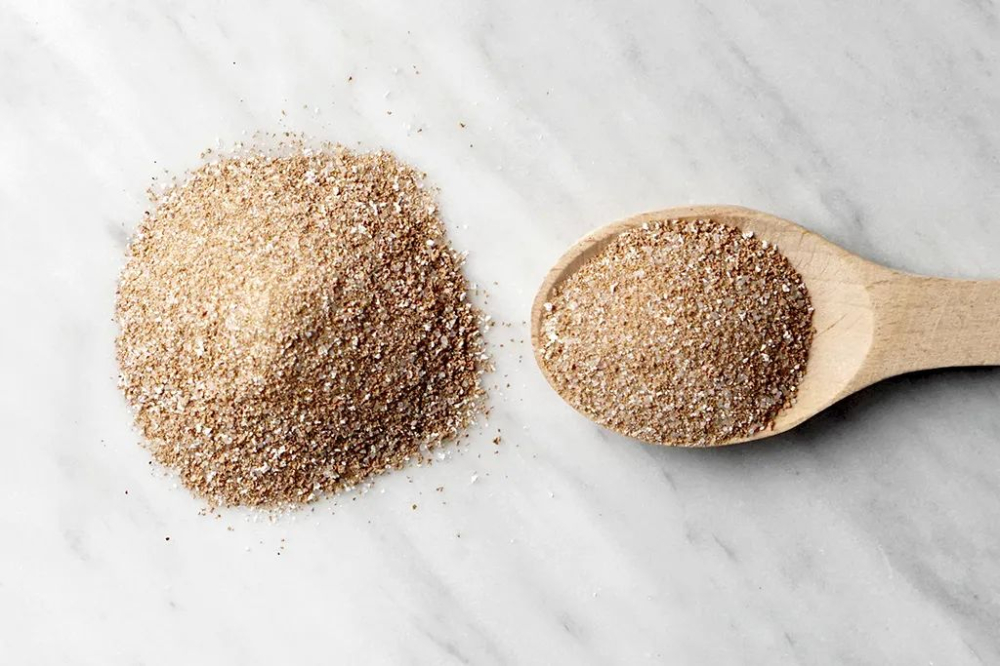
The General principles for Nutrition labelling of prepackaged Food, which has been implemented in China since 2013, stipulates that when hydrogenated and / or partially hydrogenated fats and fats are used in food ingredients or in the production process, the content of trans fat (acid) should be indicated in the nutrition composition table.
In other words, as long as something that may contain trans fatty acids is used in the raw material, the content of trans fatty acids must be marked to consumers. According to the national standard, the content of trans fatty acids in food ≤ 0.3g/100g can be marked as 0. Although the trans fat content in the product is low, it should not be taken lightly, because sugar is also one of the culprits of cardiovascular disease.
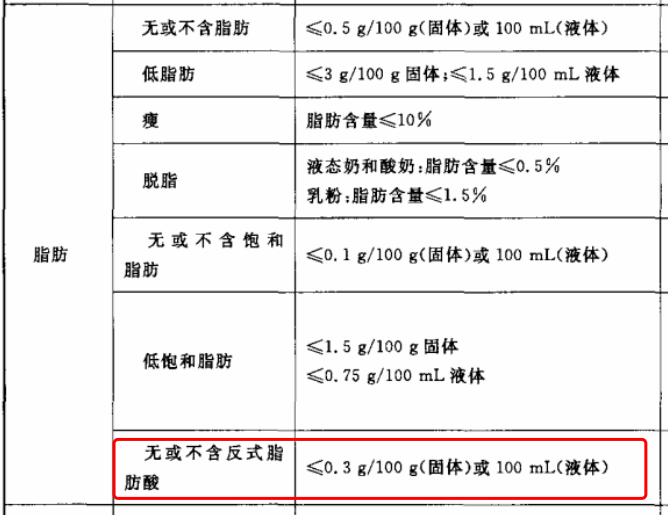
There are also many products with sugar added to the freshly ground coffee. Some of them also add ice cream, margarine, cocoa butter, which contain a lot of trans fat, these materials are difficult to achieve 0 trans fat, because they need to have stronger stability and longer preservation time.

Although the intake of trans fat can not be entirely dependent on coffee products, after all, a fast food, a cup of instant noodles have more trans fat than a cup of coffee, here is just to tell you briefly which coffee products contain more trans fat.
Daily appropriate intake of black coffee with no sugar, no plant fat powder, no dairy products and other ingredients can achieve the effect of protecting cardiovascular and cerebrovascular diseases, and can also achieve the effect of weight loss and fat reduction.
But under the premise, everyone has healthy eating habits ~ can be less exposed to foods with high trans fat content, and eat less if they can eat less. after all
It is everyone's responsibility for good health.
Photo Source: Internet
Important Notice :
前街咖啡 FrontStreet Coffee has moved to new addredd:
FrontStreet Coffee Address: 315,Donghua East Road,GuangZhou
Tel:020 38364473
- Prev

There are more and more coffee shops in the county! What kind of cafe is suitable for starting a business in a small city?
Professional coffee knowledge exchange more coffee bean information please follow the coffee workshop (Wechat official account cafe_style) more boutique coffee beans please add private Wechat Qianjie coffee, WeChat: qjcoffeex epidemic for three years, hindering the pace of many people to go home, in previous years is also a very New year hometown
- Next

Young people returning home packed the coffee shop! How to open a coffee shop in a small city, county or town?
Professional coffee knowledge exchange more coffee bean information please follow the coffee workshop (Wechat official account cafe_style) more boutique coffee beans please add private Wechat Qianjie coffee, WeChat account: qjcoffeex discerning, insight extraordinary, Martell Blue Belt? No, the county cafe. Looking back on ten years ago
Related
- Unexpected! Ruixing Telunsu lattes use a smoothie machine to foam milk?!
- % Arabia's first store in Henan opens into the village?! Netizen: Thought it was P's
- Does an authentic standard mocha coffee recipe use chocolate sauce or powder? Mocha Latte/Dirty Coffee/Salty Mocha Coffee Recipe Share!
- What is the difference between Vietnam egg coffee and Norway egg coffee? Hand-brewed single product coffee filter paper filter cloth filter flat solution!
- What is the difference between sun-cured and honey-treated coffee? What are the differences in the flavor characteristics of sun-honey coffee?
- How to make Italian latte! How much milk does a standard latte use/what should the ratio of coffee to milk be?
- How to make butter American/butter latte/butter Dirty coffee? Is hand-brewed coffee good with butter?
- Is Dirty the cold version of Australian White? What is the difference between dirty coffee/decent coffee and Australian white espresso?
- Relationship between brewing time and coffee extraction parameters How to make the brewing time fall to 2 minutes?
- Got entangled?! Lucky opens a new store, Mixue Ice City, and pursues it as a neighbor!

